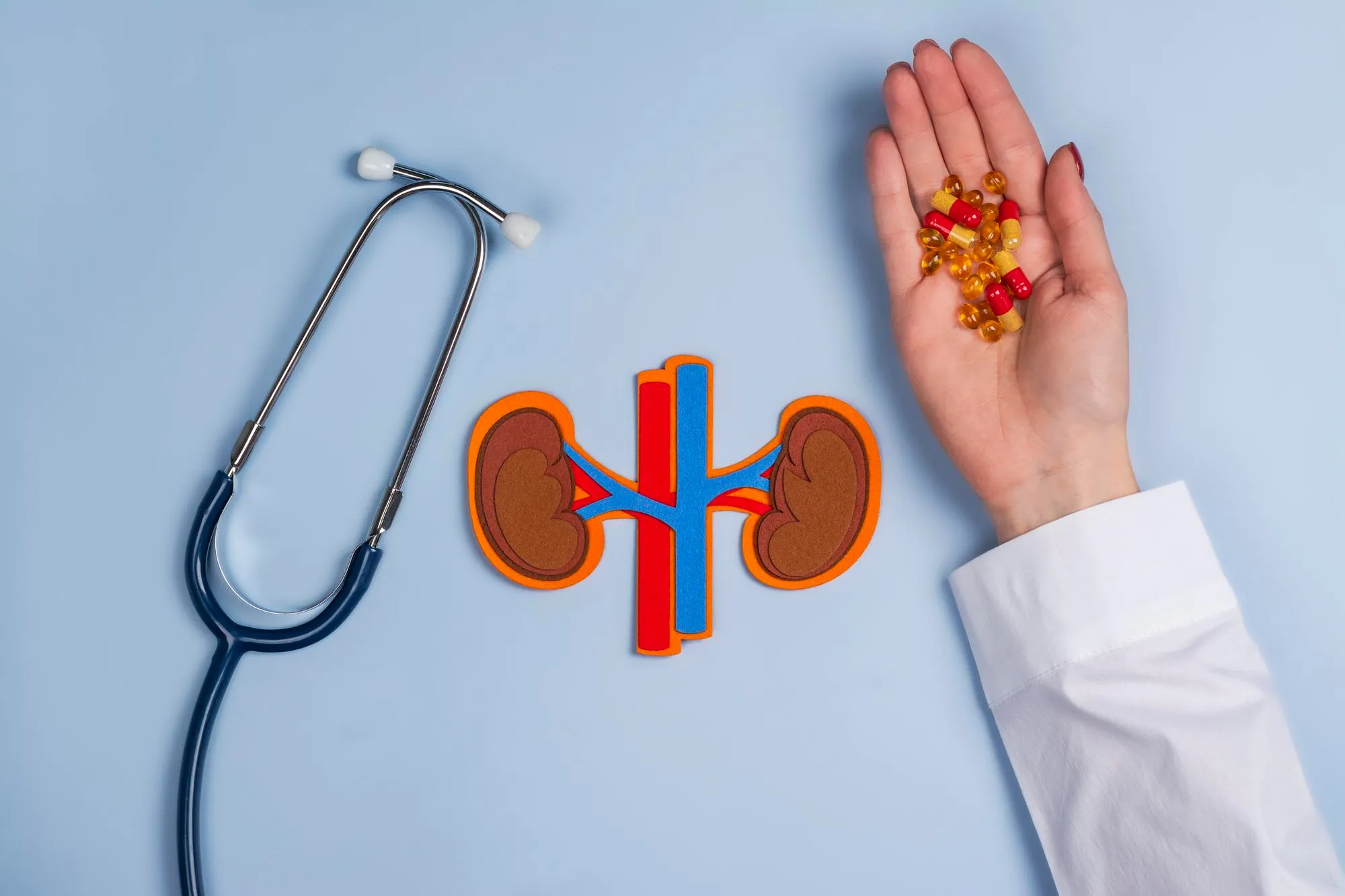Keywords
1. Kidney health
2. Text messaging intervention
3. Dietary compliance
4. Haemodialysis patient care
5. Mobile health technology
In the realm of healthcare, the growing burden of chronic kidney disease (CKD) has been a significant concern worldwide. With a high prevalence of CKD, a spotlight has been put on the importance of managing nutrition in patients undergoing maintenance haemodialysis – a treatment pivotal for their survival. Despite the critical nature of adherence to dietary restrictions for this population, maintaining nutritional recommendations is a notorious challenge.
Addressing this widespread issue, a novel randomised controlled trial, titled “Targeted, structured text messaging to improve dietary and lifestyle behaviours for people on maintenance haemodialysis (KIDNEYTEXT),” was recently launched, with the details of its study protocol being published in BMJ Open (Stevenson et al., 2019). The study protocol is transcribed in ‘BMJ Open’ under the DOI: 10.1136/bmjopen-2018-023545.
The KIDNEYTEXT study, a product of substantial collaborative research by Stevenson Jessica J et al., seeks to evaluate the feasibility and efficacy of targeted mobile phone text messaging as a tool to improve dietary and lifestyle behaviors in long-term haemodialysis patients. This article delves into the intricacies of this unique randomized controlled trial, articulating its potential implications for renal dietary management and patient outcomes.
Study Overview
Initiated by a team led by Jessica J. Stevenson from The Centre for Kidney Research, The University of Sydney, this phase II trial targets a cohort of 130 haemodialysis patients. These participants, experiencing the daily challenge of managing a strict diet and lifestyle regimen, are being grouped into standard care or intervention groups. The latter will receive thrice-weekly text messages over a six-month period.
The thoughtfully designed messages are tailored to align with renal dietary guidelines and healthy eating practices, bolstering motivation and recommending behavioral changes. This study is pivotal in addressing a significant gap within this patient demographic, where chief concerns revolve around complex dietary and fluid restrictions, impacting not only their progression of kidney disease but also their quality of life.
Methodology & Expected Outcomes
The randomized controlled trial employs a single-blinded approach, seamlessly integrating technology to foster better patient engagement and adherence rates. The primary outcome for the study is to ascertain the feasibility of such an intervention, measured by recruitment and drop-out rates, adherence to renal dietary recommendations, participant satisfaction, and a process evaluation based on interviews with selected participants.
Secondary outcomes are slated to focus on clinical and behavioural ramifications of this intervention, including health-related quality of life, blood pressure control, and overall cardiovascular health. In addition, an in-depth healthcare utilisation cost analysis will be executed to probe the economic dimension of KIDNEYTEXT.
Groundwork & Hypothesis
The foundation for KIDNEYTEXT is rooted in past literature that denotes consistent struggles among haemodialysis patients to comply with dietary restrictions (Palmer SC et al., 2015). Research has spotlighted the dire need for fresh and effective strategies that resonate with today’s tech-savvy society. Studies suggest that telemedicine, including text messaging, has shown promise in managing chronic diseases like diabetes and cardiovascular disorders through enhancing patient engagement and health behavior changes (Kitsiou S et al., 2017; Chow CK et al., 2015).
Driven by these observations, the KIDNEYTEXT trial hypothesizes that text messaging could be equally effective in the renal care landscape, particularly for those dependant on haemodialysis. By employing a personal and proactive approach, this intervention could potentially decrease the burden of dietary non-adherence, thus improving patient outcomes.
The Intersection of Technology and Patient Care
This innovative study builds on the burgeoning field of e-health, where health services and information are delivered or enhanced through the internet and associated technologies (Eysenbach G., 2001). With rising smartphone usage and internet accessibility, the feasibility of implementing such a tech-based intervention has never been more promising.
The importance of this study cannot be overstated, as it directly responds to the preferences voiced by patients themselves, aligning with their lived experiences and respecting their autonomy in managing their health. The application of mobile technology has the potential to revolutionize the way in which dietary interventions are deployed.
Implications and Anticipated Impact
Should the KIDNEYTEXT trial demonstrate positive outcomes, the ripples could extend far beyond the immediate circle of haemodialysis patients. By providing evidence of a successful text-based intervention, similar strategies could be adapted for various chronic conditions where dietary management plays a crucial role.
Moreover, as healthcare systems worldwide strive to contain costs whilst improving care, the insights gleaned from this study’s healthcare utility cost analysis could prompt widespread changes in policy and practice regarding patient management.
Conclusion
While the results of the KIDNEYTEXT trial are yet to be concluded and presented, the potential for significant advancements in CKD management is palpable. Through targeted, structured text messaging, there lies hope for improved dietary compliance, elevated quality of life, and ultimately, better clinical outcomes for individuals on maintenance haemodialysis.
With the anticipated results to be disseminated at scientific meetings and through peer-reviewed publications, this trial stands as a testament to the evolving landscape of patient-centered care and the merger of traditional medical practices with the digital age.
References
1. Stevenson J, et al. (2019) Targeted, structured text messaging to improve dietary and lifestyle behaviours for people on maintenance haemodialysis: study protocol for a randomised controlled trial. BMJ Open 9(5):e023545. DOI: 10.1136/bmjopen-2018-023545.
2. Palmer SC, et al. (2015) Dietary and fluid restrictions in CKD: a thematic synthesis of patient views from qualitative studies. Am J Kidney Dis 65(4):559-73. DOI: 10.1053/j.ajkd.2014.09.012.
3. Kitsiou S, et al. (2017) Effectiveness of mHealth interventions for patients with diabetes: An overview of systematic reviews. PLoS One 12(3):e0173160. DOI: 10.1371/journal.pone.0173160.
4. Chow CK, et al. (2015) Effect of Lifestyle-Focused Text Messaging on Risk Factor Modification in Patients With Coronary Heart Disease: A Randomized Clinical Trial. JAMA 314(12):1255-63. DOI: 10.1001/jama.2015.10945.
5. Eysenbach G. (2001) What is e-health? J Med Internet Res 3(2):e20. DOI: 10.2196/jmir.3.2.e20.
